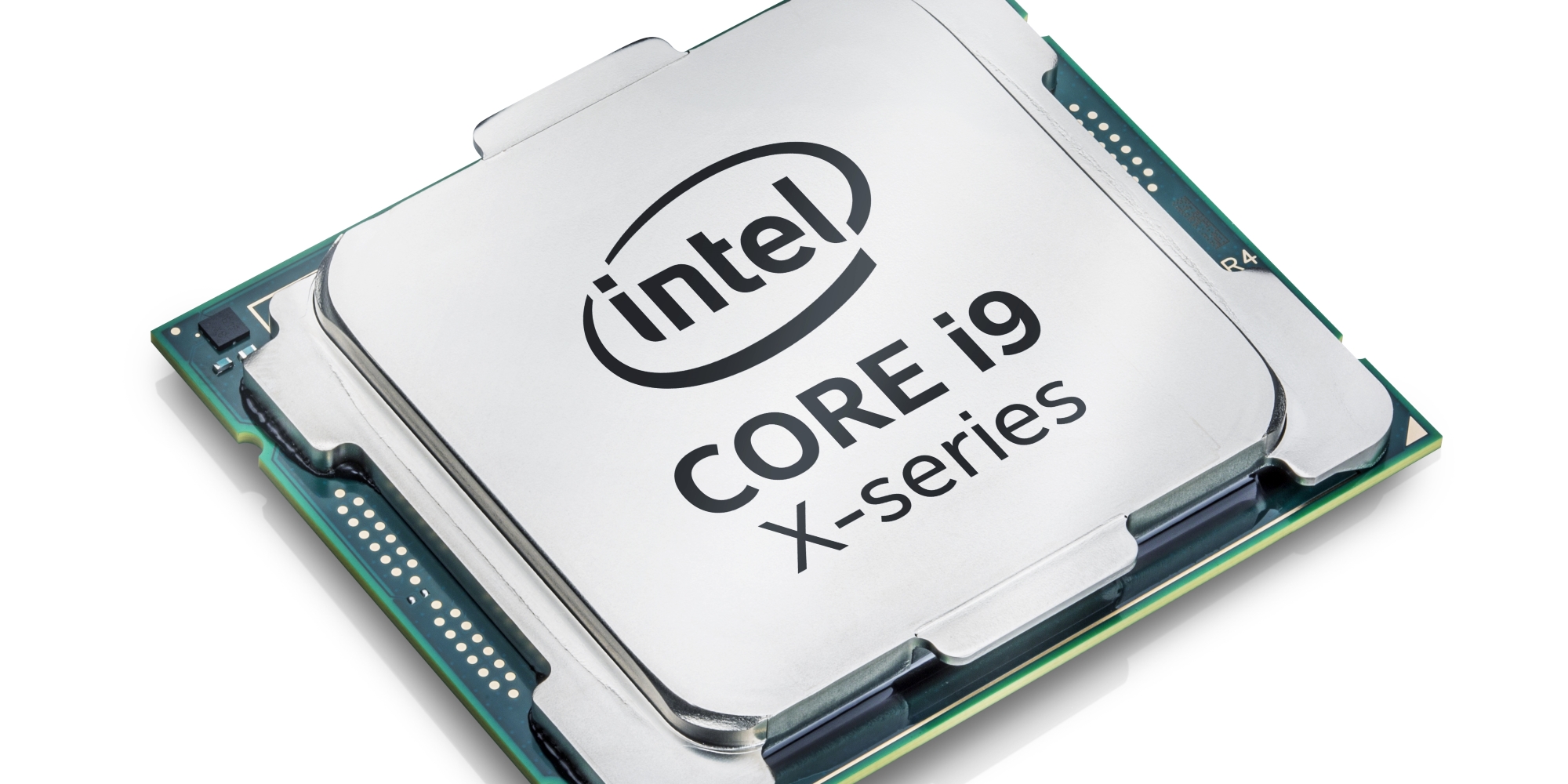Intel CEO Pat Gelsinger believes that the ongoing global chip shortage could persist for several years. While speaking at a virtual session of the Computex trade show in Taipei on Monday, Gelsinger suggested that the rise of working from home and remote learning due to the ongoing COVID-19 pandemic has led to high demand for semiconductors. It may take chip manufacturers several years to manage the growing demand.

The ongoing global chip shortage could last ‘several years,’ according to Intel CEO Pat Gelsinger
The growing demand for semiconductor chips has led to a huge strain on global supply chains. “But while the industry has taken steps to address near-term constraints it could still take a couple of years for the ecosystem to address shortages of foundry capacity, substrates, and components,” Gelsinger said at the Computex trade show in Taipei, according to a Reuters report.
In an interview with The Washington Post in April, Gelsinger said that the global chip shortage would take a couple of years to resolve. His recent comments on the issue suggest that the global semiconductor chip shortage could stretch on much longer than just a couple of years.
Apart from Samsung and TSMC, Intel is one of the few companies that can manufacture a semiconductor chip. Though companies like Qualcomm, MediaTek, and AMD design their own chips, they outsource the actual manufacturing to Samsung or TSMC. Intel did not manufacture chips for other companies prior to the global chip shortage. The company has now opened its plants to outside customers to help shoulder the burden of the shortage.

In related news, Intel is planning to expand to other locations in the United States as well as Europe so that it can better compete with Samsung and TSMC. The latter two are also working on increasing their manufacturing capacities. According to a report from April, TSMC plans to invest $100 billion over the next three years to expand production capacity to meet the increasing demand for Apple’s chips.
The electronics industry has been suffering a shortage of computer chips since late last year due to factors such as the global coronavirus pandemic, sanctions against Chinese technology giants, trade wars, and poor anticipation of demand. While the shortage was originally concentrated in the automotive industry, it has since expanded to impact all types of chips in many different hardware products such as smartphones and desktops. The demand for electronics has grown so high that it is outpacing the limited global chip supply.
To deal with shortages at US car manufacturing factories, Intel recently announced a $20 billion plan aimed at expanding its production capability. The software giant is working on setting up two factories in Arizona.
Read more:
1 comment